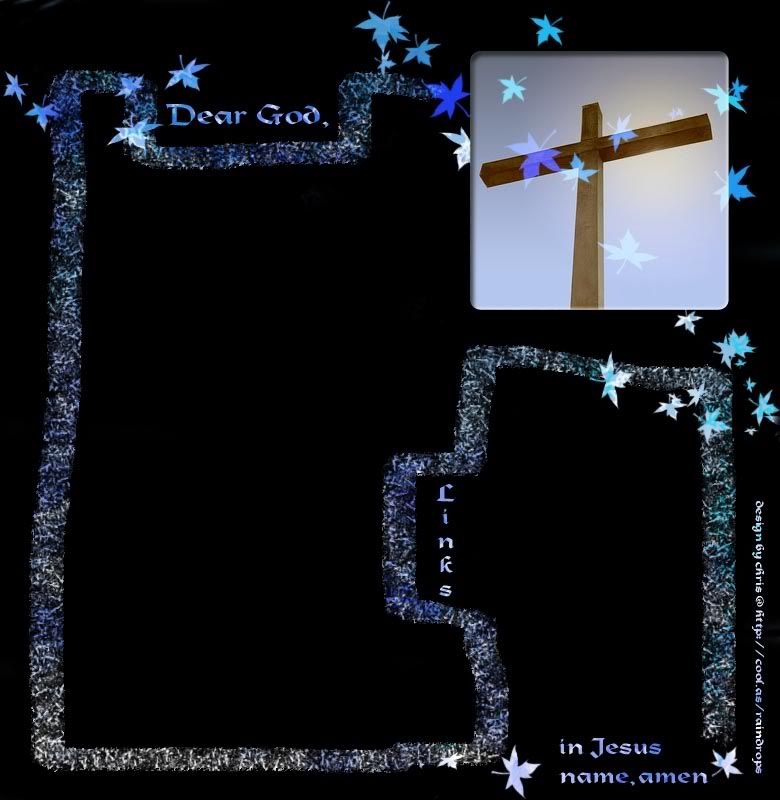Resurrectix Christus, Alleluia!
Risen Christ!: Easter brings us great joy because we are celebrating the gift of eternal life that Jesus has won for us. Without this gift, life would be meaningless and miserable. With this gift, nothing in life can be totally bleak as we are assured of the eternal glory that awaits us.
-Fr Philip Heng, S.J. [http://www.jesuit.org.sg/]
Easter is the principal feast of the ecclesiastical year. Leo I (Sermo xlvii in Exodum) calls it the greatest feast (festum festorum), and says that Christmas is celebrated only in preparation for Easter.
It is the centre of the greater part of the ecclesiastical year. The order of Sundays from Septuagesima to the last Sunday after Pentecost, the feast of the Ascension, Pentecost, Corpus Christi, and all other movable feasts, from that of the Prayer of Jesus in the Garden (Tuesday after Septuagesima) to the feast of the Sacred Heart (Friday after the octave of Corpus Christi), depend upon the Easter date.
Commemorating the slaying of the true Lamb of God and the Resurrection of Christ, the corner-stone upon which faith is built, it is also the oldest feast of the Christian Church, as old as Christianity, the connecting link between the Old and New Testaments.
Peculiar Customs of Easter Time
1. Risus Paschalis
2. Easter Eggs
Because the use of eggs was forbidden during Lent, they were brought to the table on Easter Day, coloured red to symbolise the Easter joy. This custom is found not only in the Latin but also in the Oriental Churches. The symbolic meaning of a new creation of mankind by Jesus risen from the dead was probably an invention of later times.
3. The Easter Rabbit
4. Handball
5. Men & women
On Easter Monday the women had a right to strike their husbands, on Tuesday the men struck their wives, as in December the servants scolded their masters. In the northern parts of England the men parade the streets on Easter Sunday and claim the privilege of lifting every woman three times from the ground, receiving in payment a kiss or a silver sixpence. The same is done by the women to the men on the next day. In the Neumark (Germany) on Easter Day the men servants whip the maid servants with switches; on Monday the maids whip the men. They secure their release with Easter eggs. These customs are probably of pre-Christian origin (Reinsberg-Düringsfeld, Das festliche Jahr, 118).
6. The Easter Fire
7. Processions & awakenings
8. Blessing of food
9. House blessings
10. Sports and celebrations
-Catholic Encyclopedia: Easter [click to see more about the peculiar practices! Worth a read.]
*Happy Easter Eggs*
- How can you prove Christ's resurrection?
- Where was Jesus for the three days between His death and resurrection?
- Who was responsible for Christ's death?
- Why did Jesus have to experience so much suffering?
- What are the last seven sayings of Christ and what do they mean?
- Why is Christianity such a bloody religion?
- Why did God require animal sacrifices in the Old Testament?
- How is Jesus Christ unique?
- What does it mean that Jesus is the Son of God?
Christus vincit! Christus regnat! Christus imperat!
Jean


